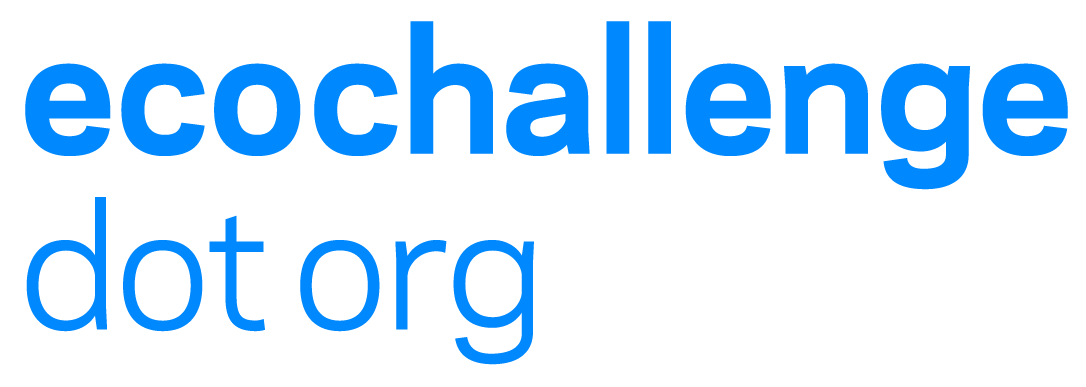Andrea Stephens
4/30/2021 8:09 PM
Even though I’ve taken the time to learn more about this topic, I still find it hard to know what truly is the most sustainable type of fish to buy and am conflicted between wild and farmed - both are labeled sustainable depending on where the fish or seafood is sourced. This has always led me to purchase less fish then I would if I truly believed I was making the most “sustainable” choice!
